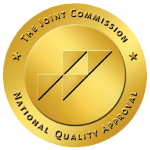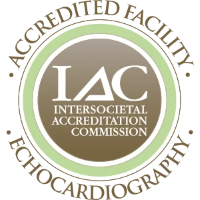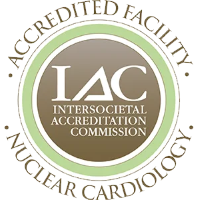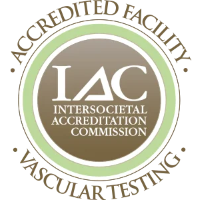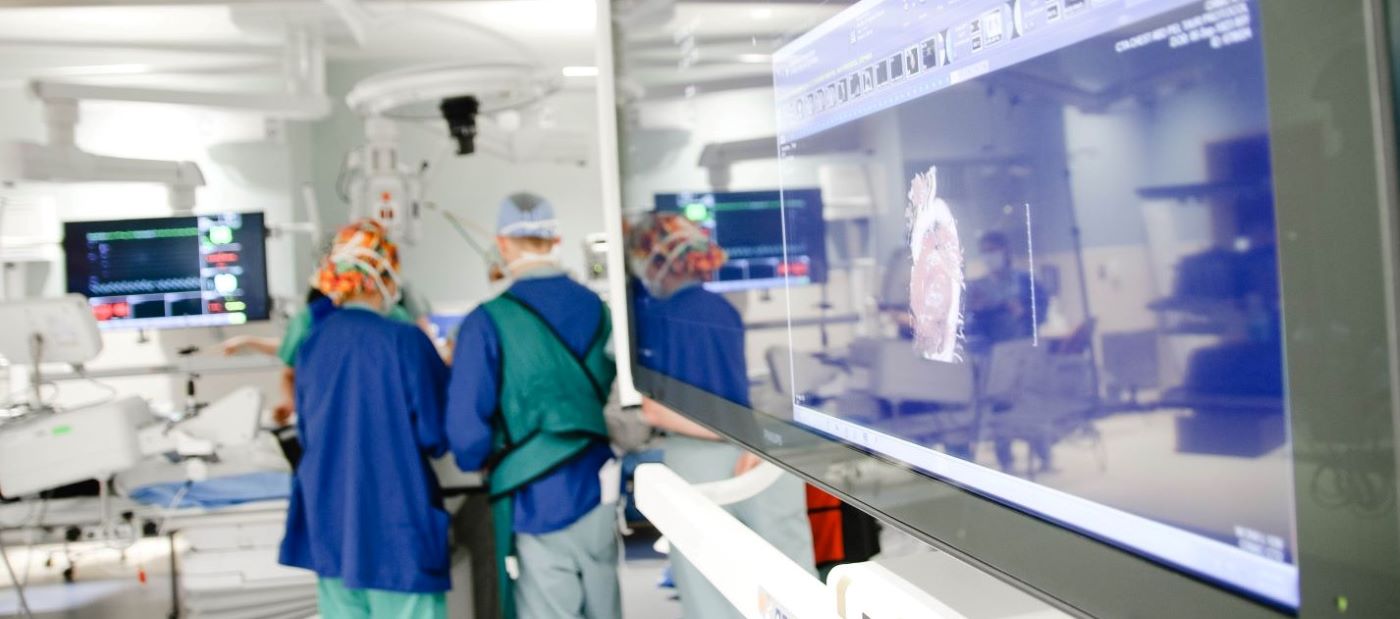The region's best heart experts
CaroMont Heart & Vascular combines expert cardiologists and cardiovascular, thoracic and vascular surgeons to deliver exceptional care. We’re committed to providing innovative procedures for chest pain evaluation, open heart surgery and care after discharge.
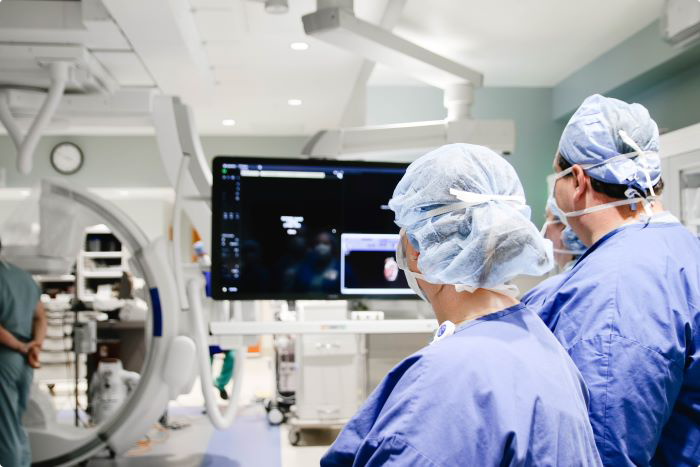
Treatments & Procedures
We offer advanced, life-saving care, with procedures such as Arctic Front® CryoAblation, Minimally Invasive Heart Surgery and complex Vascular Surgery. We also offer specialized procedures such as Transcatheter Aortic Valve Replacement (TAVR) and WATCHMAN™ device implantation.
Awards & Accreditations
Our heart program is nationally ranked for top-quality cardiac care from the following organizations.

